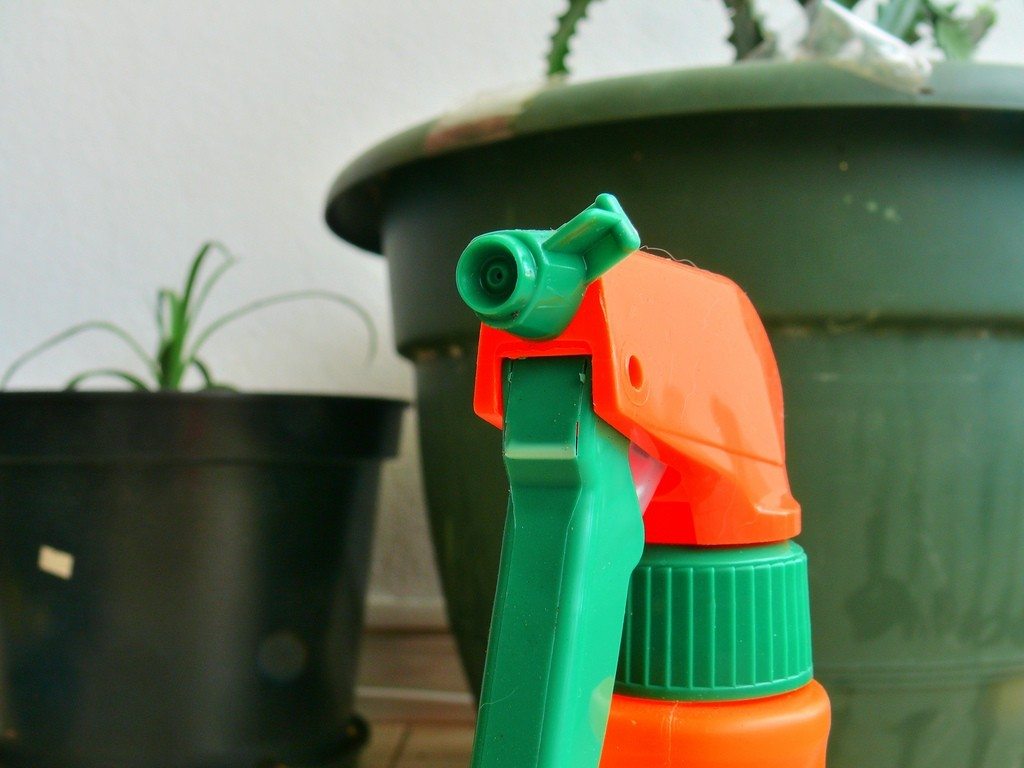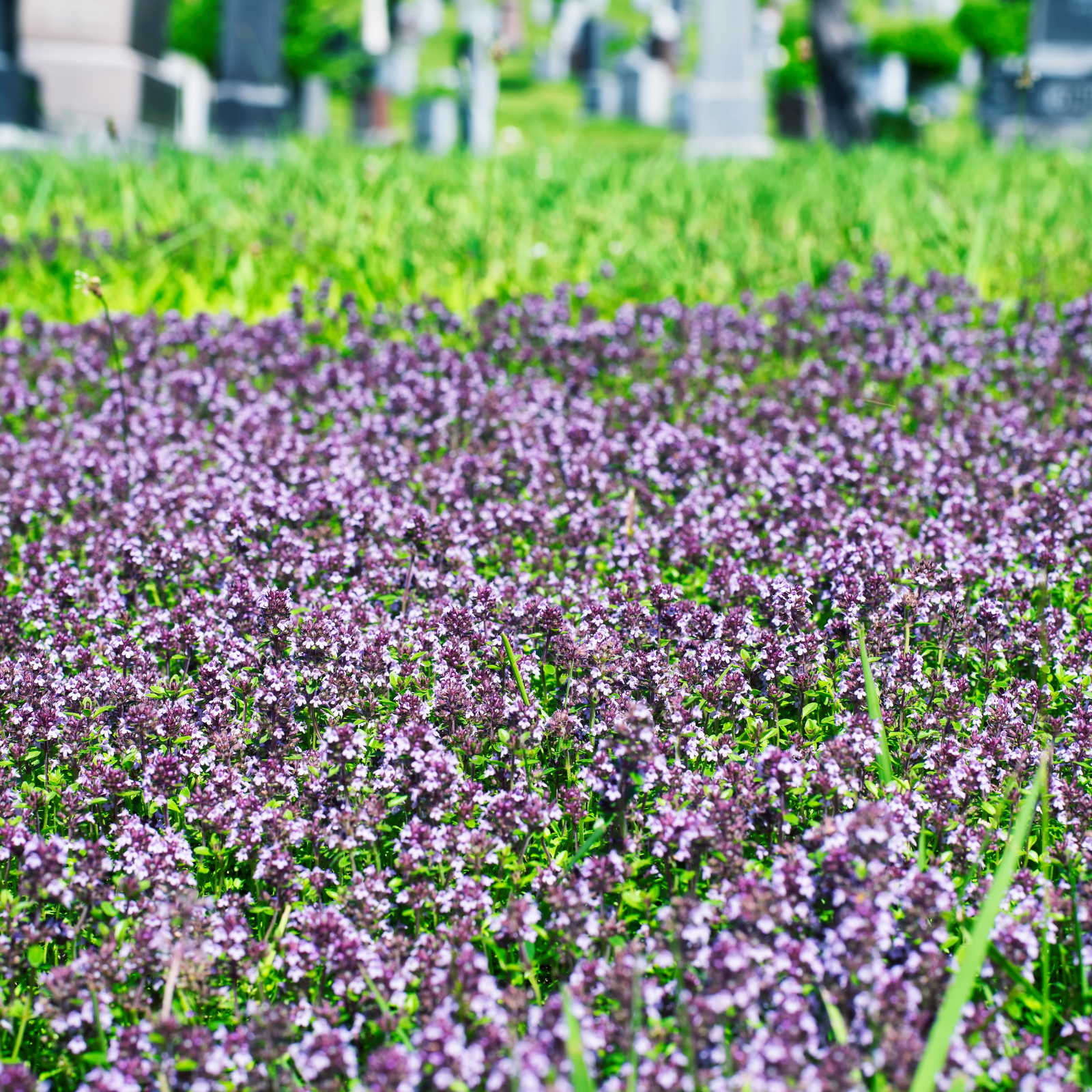Safe Pesticide Usage: Using Pesticides In The Garden Safely


Using pesticides in the garden may not be the best solution for the environment, but sometimes it's the most effective way to take care of troublesome pest problems that may crop up in the garden. Pesticides are made up of chemicals, and the effects of pesticide use may be harmful not only to the environment but to us as well. For this reason, it's important to learn about safe pesticide usage. The proper use of pesticides, should you decide to go this route, can alleviate many safety concerns.
Types of Garden Pesticide
There are many different types of garden pesticide serving many different needs. These include insecticides, fungicides, and herbicides. There are botanical forms of pesticide that are available as well. These are generally derived from plants and considered 'organic' by some, however, these may still be toxic to beneficial insects and wildlife.
Using Pesticides in the Garden
Typically, the first response to pests in the lawn or garden is to reach for and apply pesticide, regardless of the type or even its purpose. If it says pesticide, it's assumed that using it in full force will rid the lawn and garden of any and all pests. Unfortunately, this can lead to unnecessary applications and overuse. Since pesticides are toxic, they should be used carefully, and if at all possible, sparingly. There are other pest control methods that you can and should attempt before grabbing that pesticide spray.
Safe Pesticide Usage
If you familiarize yourself with the plants in your garden and the pests that affect them, you'll have a more roundabout idea as to what types of pests you may be dealing with in order to properly eradicate them. It also helps to check your garden frequently for any possible problems and then carefully determine whether any treatment is necessary. If so, try using methods that are more natural first. Garden pesticides should always be your last resort. Once all other control methods have failed or have been deemed impractical, go ahead and try safe pesticide usage, selecting one that is specifically designed for your particular situation and target pest. To avoid adverse effects of pestice use, always read and follow the directions for proper application and apply only the amount specified. You should also wear protective clothing, especially gloves, as garden pesticides can easily be absorbed through the skin and contaminated clothing, which should be washed separately as well. The proper use of pesticides includes avoiding pesticides in the garden during periods of rainfall or in windy conditions. This could lead to possible contamination of other areas, such as your neighbor's lawn or garden. Likewise, applying pesticide to barren or eroded areas and near water sources, such as ponds or streams, should also be avoided. Pests of some kind will always be a part of the gardening experience; in fact, it's inevitable. However, the use of pesticides may not always be necessary, and if they are, they should be used only as a last resort, using them safely and responsibly.
Gardening tips, videos, info and more delivered right to your inbox!
Sign up for the Gardening Know How newsletter today and receive a free copy of our e-book "How to Grow Delicious Tomatoes".

Nikki Tilley has been gardening for nearly three decades. The former Senior Editor and Archivist of Gardening Know How, Nikki has also authored six gardening books.
-
 Get Ready For A Summer Of Hummers! Grow These Full Sun Hummingbird Plants and Flowers
Get Ready For A Summer Of Hummers! Grow These Full Sun Hummingbird Plants and FlowersIf you’re lucky enough to enjoy a sunny backyard, make sure you are maxing out on your pollinator opportunities and grow these full sun hummingbird plants and flowers
By Tonya Barnett
-
 12 Lush Alternatives To A Lawn For Sustainable Spaces
12 Lush Alternatives To A Lawn For Sustainable SpacesAlternatives to a lawn are beautiful and also beneficial to your local ecosystem and its pollinators. Explore our top picks for plants to replace grass.
By Tonya Barnett